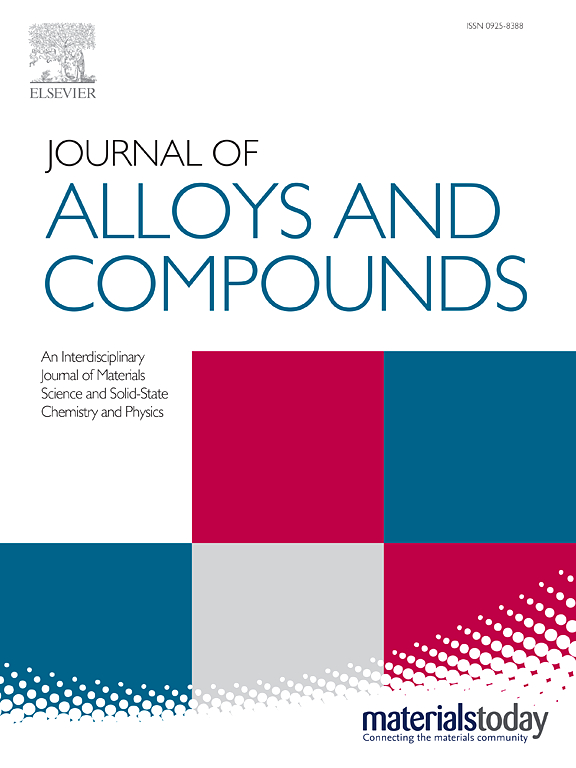Recent advances of spinel CuCo2O4 in different Structural dimensions (0D-3D) for an electrochemical supercapacitor device: a short research review
IF 5.8
2区 材料科学
Q2 CHEMISTRY, PHYSICAL
引用次数: 0
Abstract
An electrochemical supercapacitor device that assumes a significant part in gathering sustainable electrical energy to satisfy the need for worldwide energy utilization. The electrode is one of the fundamental parts of a supercapacitor device, sometimes a single material is deficient in satisfying the electrode material requirement. Hence, the researcher’s key challenge is to produce the Binary/Ternary/Quaternary materials and utilize them to fabricate the electrode with a large surface area, novel shape, and controlled dimensions. In this short review, we outline current developments in the design of nanostructured spinel-based CuCo2O4 electrodes in different Structural dimensions such as zero-, one-, two-, and three-dimensions for the application of supercapacitors. The surface area, charge transport efficiency, and overall electrochemical performance of the supercapacitor are all significantly influenced by the dimensionality of the electrode materials. Supercapacitors can have much higher energy and power densities by designing and using materials with the right dimensions. It has been specifically explained how various dimensional architectures relate to the appropriate electrochemical performances, including specific capacitance, rate capability, cycle stability, power density, and energy density, which may serve as a guideline for the next generation of supercapacitor electrode design.用于电化学超级电容器装置的不同结构尺寸(0D-3D)尖晶石钴氧化物的最新研究进展:简短研究综述
电化学超级电容器装置在收集可持续电能以满足全球能源利用需求方面发挥着重要作用。电极是超级电容器装置的基本组成部分之一,有时单一材料无法满足电极材料的要求。因此,研究人员面临的主要挑战是生产二元/三元/四元材料,并利用它们制造出表面积大、形状新颖、尺寸可控的电极。在这篇简短的综述中,我们概述了目前在设计零维、一维、二维和三维等不同结构尺寸的纳米尖晶石基 CuCo2O4 电极以应用于超级电容器方面的发展情况。超级电容器的表面积、电荷传输效率和整体电化学性能都会受到电极材料尺寸的显著影响。通过设计和使用具有正确尺寸的材料,超级电容器可以获得更高的能量和功率密度。本文具体解释了各种尺寸结构与适当的电化学性能(包括比电容、速率能力、循环稳定性、功率密度和能量密度)之间的关系,可作为下一代超级电容器电极设计的指南。
本文章由计算机程序翻译,如有差异,请以英文原文为准。
求助全文
约1分钟内获得全文
求助全文
来源期刊

Journal of Alloys and Compounds
工程技术-材料科学:综合
CiteScore
11.10
自引率
14.50%
发文量
5146
审稿时长
67 days
期刊介绍:
The Journal of Alloys and Compounds is intended to serve as an international medium for the publication of work on solid materials comprising compounds as well as alloys. Its great strength lies in the diversity of discipline which it encompasses, drawing together results from materials science, solid-state chemistry and physics.
 求助内容:
求助内容: 应助结果提醒方式:
应助结果提醒方式:


